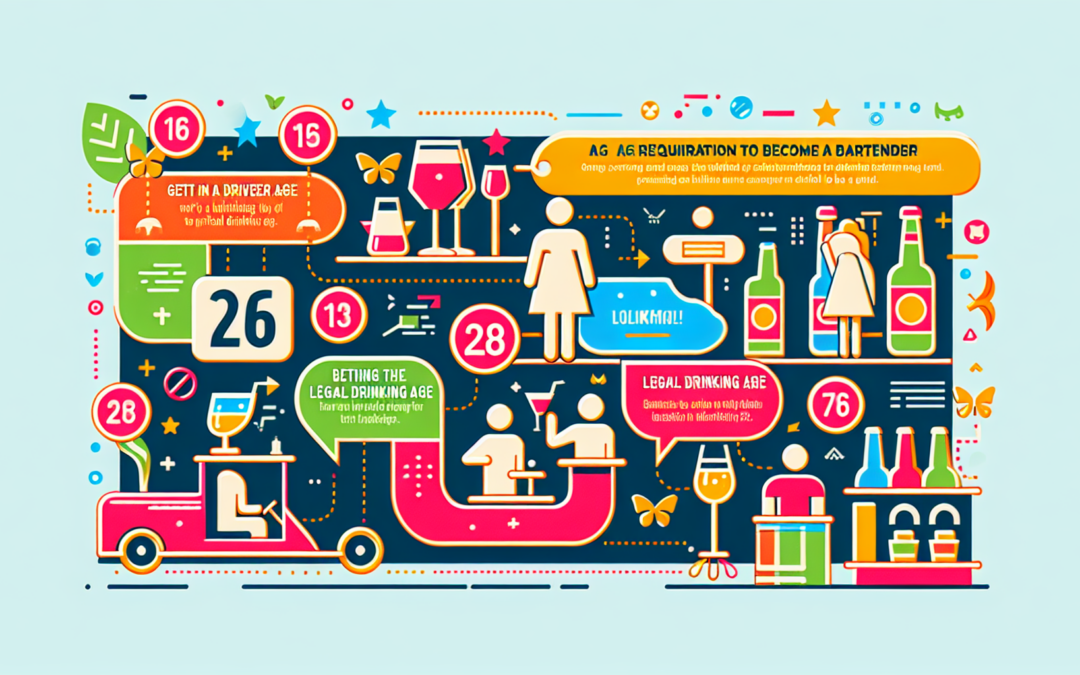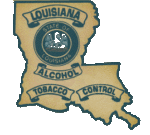Understanding the Age Requirement to Become a Bartender
Becoming a bartender can be an exciting career choice, offering the opportunity to meet a variety of people, show off mixing skills, and perhaps even travel. However, one of the first questions many aspiring bartenders ask concerns the age requirement for the profession. The legal age to serve alcohol varies across different jurisdictions, affecting who can become a bartender. This article explores the age requirements for bartending across various regions, and the reasoning behind these laws.
United States
In the United States, the legal drinking age is 21 years old, a standard set by the National Minimum Drinking Age Act of 1984. However, the age requirement for serving alcohol, which includes bartending, can vary by state. Some states allow individuals as young as 18 to serve alcohol in a bar or restaurant, while others require bartenders to be at least 21. It’s important to check the specific laws in your state or the state where you wish to work as a bartender. The variance often reflects local attitudes towards alcohol consumption and responsibility.
Canada
In Canada, the age requirements for serving alcohol are similarly dependent on the province or territory. Most areas have set the legal drinking age at 19 years old, with the notable exceptions of Alberta, Manitoba, and Quebec, where it is 18. These age limits typically apply to bartenders as well. As in the United States, the aim is to align the legal age for consumption with the responsibility of serving alcohol.
Europe
Europe offers a more diverse picture when it comes to the legal age for bartending, largely because drinking ages across the continent vary widely. In many countries, such as the United Kingdom, individuals can serve alcohol at the age of 18, which is also the legal drinking age. However, there are exceptions and nuances within each country’s regulations that must be observed. For instance, the UK allows individuals aged 16 and 17 to serve alcohol under certain conditions, such as if the sale is authorised by a responsible adult.
Australia
Australia maintains a legal drinking and serving age of 18 across all its states and territories. To work as a bartender, individuals must also complete a Responsible Service of Alcohol (RSA) course, which educates them on the legalities of serving alcohol, including how to do so responsibly and safely. This requirement ensures that bartenders are well-informed about the implications and responsibilities of their role.
Importance of Age Requirements
The age requirements for bartending are in place primarily for safety and health reasons. They ensure that individuals serving alcohol are mature enough to handle the responsibility that comes with the role. This includes being able to refuse service to intoxicated customers or those underage, as well as understanding the effects of alcohol. Moreover, aligning the age for serving and consuming alcohol helps to mitigate legal and social risks associated with alcohol consumption.
Conclusion
In conclusion, the age requirement to become a bartender varies significantly around the world and often within countries themselves. Aspiring bartenders need to familiarize themselves with the laws of their specific region to understand their eligibility. Beyond legal considerations, the role of a bartender comes with significant responsibility, requiring maturity and awareness to ensure the safety and enjoyment of all patrons. Whether you’re just starting out or looking to dive into the world of bartending, understanding these age requirements is a crucial first step on your career path.











